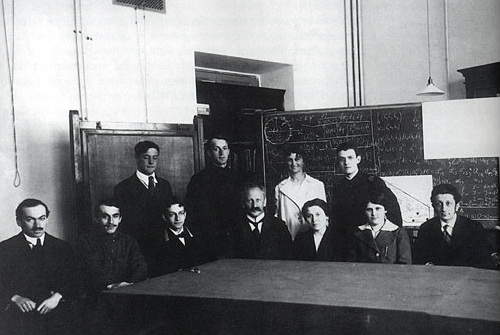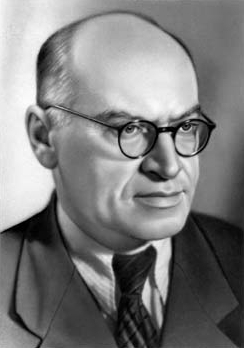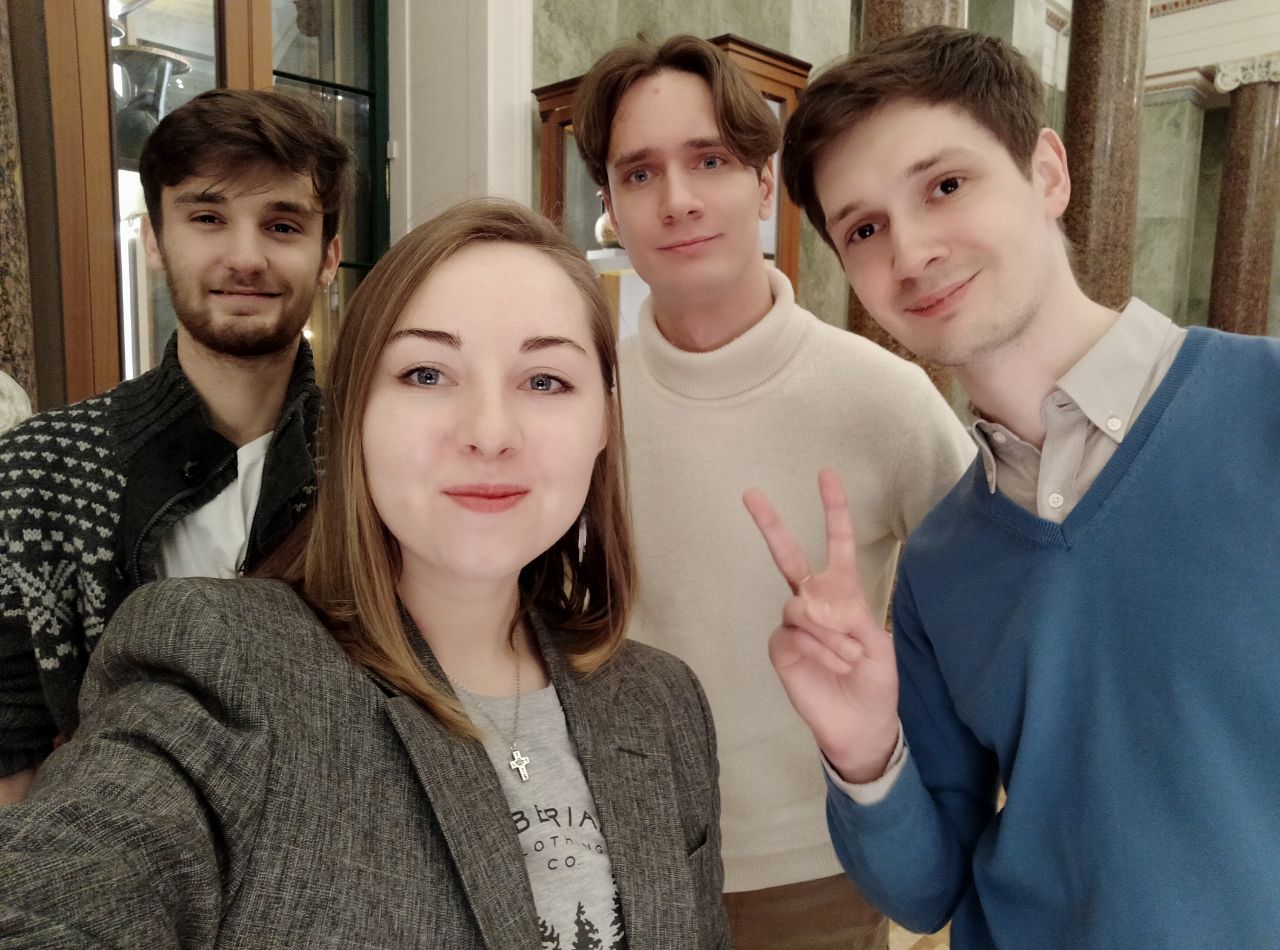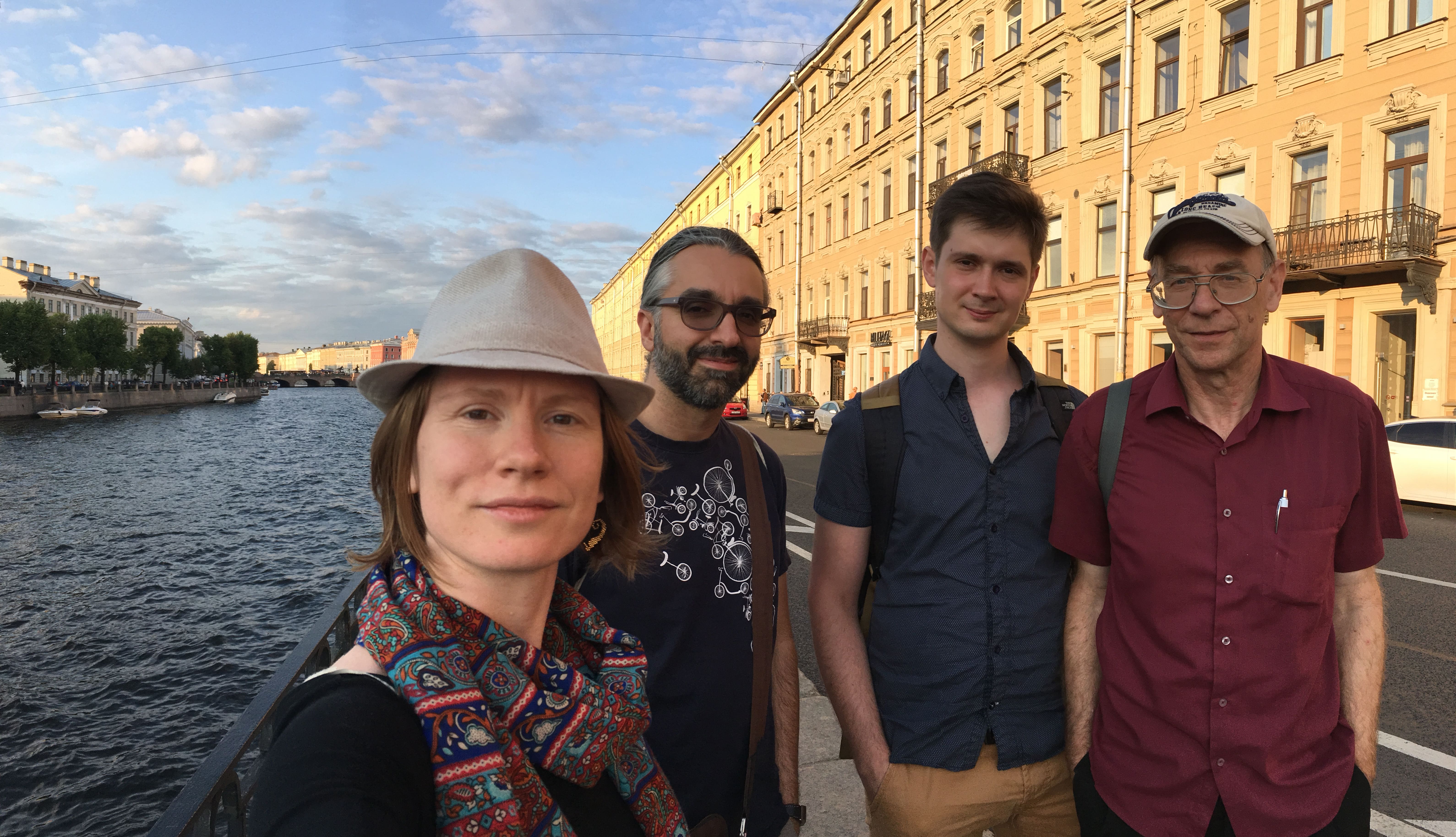
The history of the Department of Theoretical Physics at St-Petersburg (Leningrad) State Polytechnic Institute (LPI) extends about hundred years and has started just after the division of physics and mechanics was established in LPI in 1919. It was dramatic time in the history of our country when the young soviet republic needed in new engineering school for training specialists for new era of challenging technologies started up in the twenty century. Since the beginning Abram Ioffe – the first dean of the physics and mechanics division – had wisely considered the theoretical part as extremely important element of the entire education process.
Professors V.P. Bursian, Yu.A. Krutkov, V.K. Frederics, A.A. Fridman, and J.I. Frenkel, graduated from the St.-Petersburg State University, were the first faculties of our department. Alexander Fridman is well known by his famous prediction of the expanding universe (1922-1924) confirmed by experiment of Erwin Hubble in 1929, and by his research in the theory of turbulence. Jakov Frenkel is known by his research in condensed matter physics and with concept of quasiparticles. One of such quasiparticle existed as electron-hole system in semiconductors has been later named as “Frenkel exciton”. Unfortunately Frenkel died quite young at the age of 57 in 1952 much earlier than the Nobel Prize was awarded “for … fundamental theoretical investigations of the electronic structure of magnetic and disordered systems” to American physicists in 1977.

Jakov Frenkel had headed our department from the thirties of past century till the rest of his life. At that time due to strong and close collaboration with Physical-Technical Institute (shortly named and better known in the West as just Ioffe-Institution) the department of Theoretical Physics at LPI had become one of the main centers of the soviet school in theoretical physics. Jakov Frenkel is the author of the first course in theoretical physics released just before the Second World War. His textbooks had been well recognized by community of soviet and western physicists and even now give us an example of excellent pedagogical style for guiding difficult theoretical issues.
After the Second World War, LPI had met a serious deficit with young generation of PhD students, scholars and professors. Many professors from other universities and research centers of the city had joined position in our department under the status of external partners – A.I. Anselm, L.E. Gurevich, T.A. Kontorova, K.A. Ter-Martirasyan, I.M. Shmushkevich, L.A. Sliv. It was only in 1955 when three young faculties N.V. Dushin, V.V. Batygin and I.N. Toptygin entered the tenure track positions at the Department of Theoretical Physics. That year is now celebrated as the starting point of the modern history of our department.
Nowadays professors of our department – I.N. Toptygin, V.V. Dubov, D.V. Kupriyanov, E.V. Orlenko, K.Yu. Platonov, I.M. Sokolov, S.A. Tarasenko – carry on their research in different areas of theoretical physics such as cosmic electrodynamics, plasma physics, condensed matter physics, quantum electrodynamics, quantum optics and information. We try to follow the fundamental traditions originally established by Jakov Frenkel and have a number of accomplishments justifying our scientific and pedagogical activity. Among them are the well-recognized textbook “Problems of classical electrodynamics” by V.V. Batygin and I.N. Toptygin; handbook “Cosmic Electrodynamics” (Springer, New York, 2013) by G.D. Fleishman, I.N. Toptygin; textbook “Foundation of Classical and Quantum Electrodynamics” (2014) and “Electrodynamic Phenomena in Matter” (2015), Wiley and Sons, Weinheim, Germany) by I.N. Toptygin.

The laboratory of Theoretical physics, as a part of the entire department, performs an enterprise of young scholars headed by Dr. D.V. Kupriyanov and having expertise in the area of theoretical atomic physics, quantum optics and quantum information science. Our research activity has been supported and awarded by RFBR, RQC-“Skolkovo”, charitable fund “Dynasty” and by other foundations and sources. We regularly participate in the international conferences on Laser Physics, Quantum Optics and Quantum Information, organized in Russia, Europe and US. Our graduates – Oxana Mishina and Alexandra Sheremet – are working as postdocs in the leading European universities. We have ongoing collaborative research programs with Laboratory Kastler-Brossel (UPMC, Paris), Laboratory of Atomic Physics (ODU, Norfolk), Laboratory of Quantum Information (MSU, Moscow).

(Collaboration with Trieste University, 2018)
|

